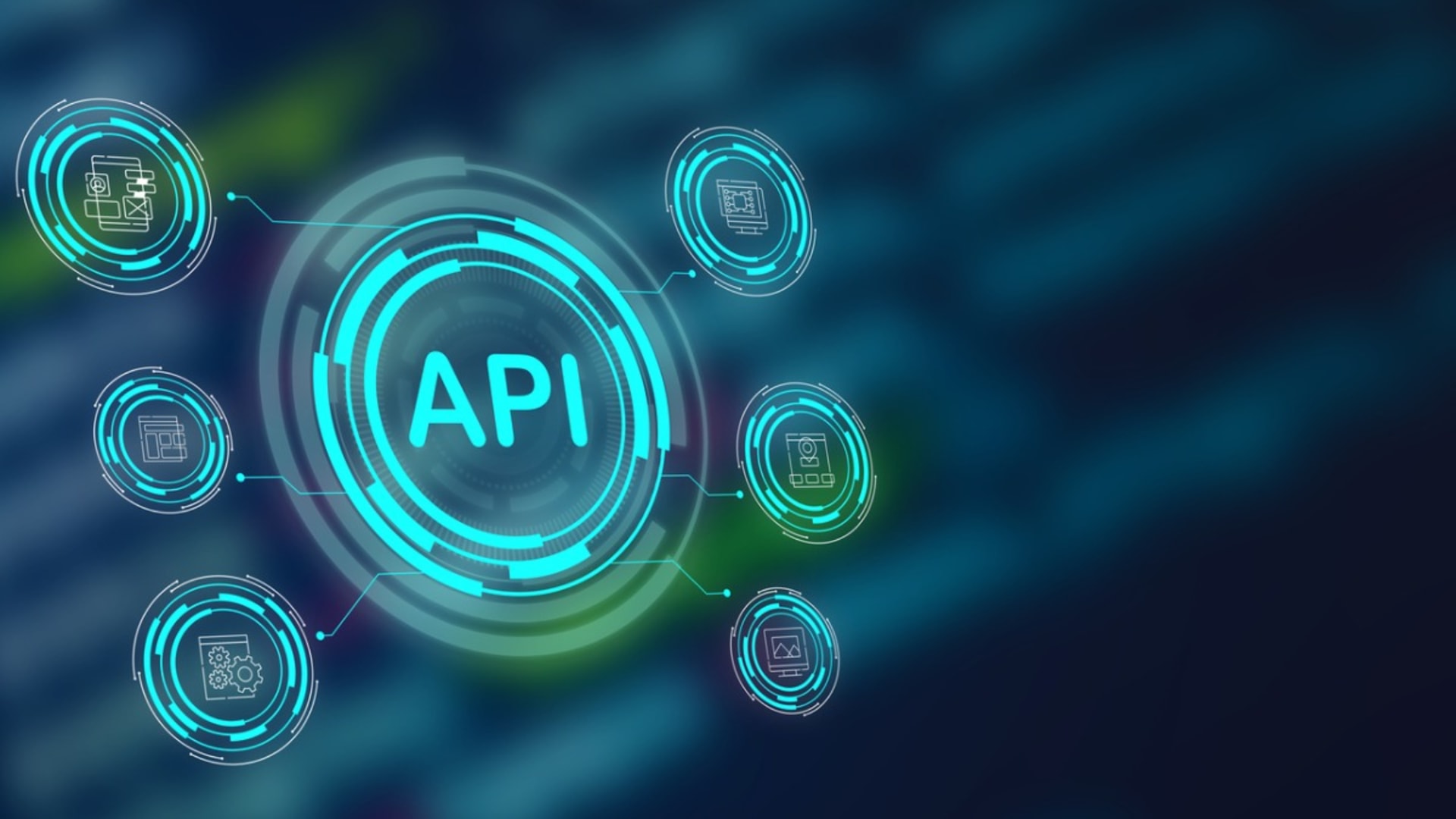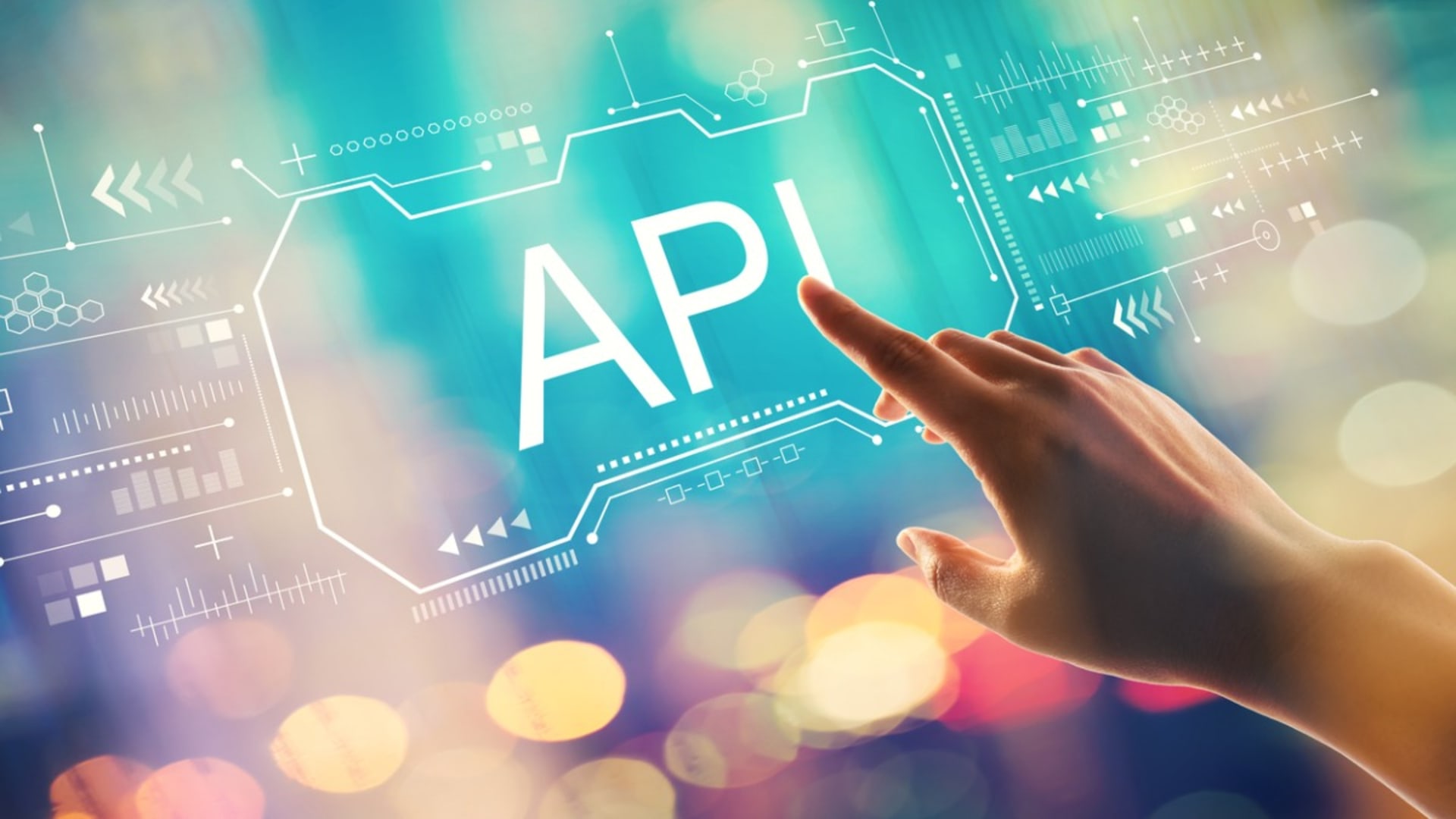- Home
- Technologies
- API
- Job Description
API Job Description Template
The best API developers only respond to the most intriguing ads. Do your job descriptions show how impactful your company is? Use our API developer job description template to attract top-tier API talent faster.
500+ companies rely on our top 1% tech talent.
API Developer Job Description Template
Your job descriptions must be on point if you want to attract the best API development talent. The Bureau of Labor Statistics expects software development positions to grow 17% by 2033. But there won’t be nearly as many qualified applicants. And that’s just the 30,000 foot view. The application programming interface developers (or API developers) market is much more competitive. Well-written job ads don’t just attract attention. They clearly communicate your role’s requirements, growth opportunities, and the unique benefits of working with your organization.
Since 2009, we’ve recruited the top 1% of tech talent by being intentional about who we want on our team. Many of these team members are highly skilled API developers and have driven results for clients like Google, Salesforce, and Rolls-Royce. Along the way, our experiences working with API design talent have taught us how to attract the ones with the right technical and soft skills. And we want you to learn from our experiences as well.
In this guide, we’ll cover several sections, including company description, API developer responsibilities, technical requirements, job benefits, and different ways you can hire API developers.
NOTE: The examples we provide below are targeted towards hiring mid to senior-level API developers.
Your Company Description
Begin by talking about what distinguishes your company from the competition. Focus on the values and culture your organization promotes, and the mission that drives everyone forward. Why should a skilled API developer choose your business?
BairesDev is an award-winning software development outsourcing company. Our mission? To provide world-class technology solutions to Fortune 500 companies and startups alike.
Since 2009 we’ve been committed to only hiring the top 1% of tech talent in LATAM. As a remote-first company, we offer candidates flexibility and a greater work-life balance.
Interested in joining our team? We encourage diverse candidates from all backgrounds and experiences to apply.
Job Description: An Overview
In this section, summarize the requirements for your API development position. Lay out the responsibilities of the role, including tasks performed daily. Qualified applicants will understand these tasks well, so don’t hold back.
We’re searching for an experienced API developer to join our team. In this role, you’ll create, maintain, and optimize APIs that connect core applications and web services for our clients. The successful candidate will collaborate with cross-functional teams, including product managers, front-end developers, and system architects, to deliver quality, scalable solutions. We prefer experience in Python, Java, and Node.js, and in platforms like MuleSoft. A solid understanding of cloud computing, authentication protocols, and database systems is essential.
API Developer Responsibilities
This section gives more information on the core responsibilities of your API developer role. It underlines the technical details of tasks the successful applicant will perform regularly. To improve readability, use bullet points for each discrete task.
As an API developer, your daily responsibilities will include:
- Design, develop, and maintain APIs: Use RESTful and GraphQL architecture styles to build efficient and scalable APIs.
- Work with our front-end and back-end developers: Work closely with teams to make sure API integrations work seamlessly.
- Iterate on API design: Continuously improve API performance, scalability, and reliability.
- Create and maintain security protocols: Make sure our systems are secure by applying the latest authentication and authorization protocols.
- Debug and troubleshoot API issues: Address and resolve API-related issues as they arise.
- Write clean code: Make sure your code is readable, maintainable, and well-documented for future use.
- Conduct code reviews: Regularly review code to make sure everyone is following established best practices.
- Find and fix bottlenecks: Proactively identify and address API bottlenecks to optimize performance.
- Stay updated on industry trends: Keep up with changing API policies and industry trends.
API Developer Technical Requirements
This section discusses the technical requirements of your open API developer position. Detail skills the successful candidate will need to function optimally in this role. These requirements will vary depending on the position’s seniority.
The following example details skills suitable for a mid-level role. Use it to build a requirements section that fits your needs.
The ideal candidate will need the following technical skills:
- API Development: Significant experience using API-first design principles to build, maintain, and optimize RESTful and GraphQL APIs.
- Sound Knowledge of Applicable Programming Languages: Expert-level skills in Python, Java, Node.js, or similar languages.
- Database Management: Extensive experience with SQL and NoSQL databases, such as MySQL, MongoDB, or PostgreSQL.
- Authentication and Authorization Protocols: Experience working with OAuth, JWT, API keys, and related security protocols.
- Experience Working with Common Cloud Platforms: Namely, AWS, Azure, or Google Cloud. Candidates should have API hosting and management experience on these platforms.
- Version Control: Competence in Git for code collaboration and version tracking.
- API Testing: Familiarity with debugging APIs and using API testing tools like Postman, JMeter, or Swagger.
- Integration Skills: Must be able to link APIs with third-party services and internal systems.
- Error Handling: Experienced in logging, troubleshooting, and solving API issues.
- API Documentation: Ability to write easily understood API documentation.
- Performance Optimization: Knowledge of caching, rate-limiting, and load-balancing processes.
CI/CD Pipelines: Must know how to conduct automated testing and use deployment tools like CircleCI, Jenkins, or GitLab CI/CD.
BONUS points if you have:
- DevOps Practices: Competence with infrastructure-as-code tools like Ansible or Terraform.
- Machine Learning Integration: Familiarity with APIs that link to machine learning models or AI frameworks.
Agile/Scrum: Experience in an Agile/Scrum environment.
API Developers: Ideal Experience, Background, and Soft Skills
After covering technical skills, you should address interpersonal and other soft skills in the next section. You’ll also want to cover educational requirements like college degrees and certifications.
We’re seeking API developers who have the following qualifications:
- Education: Bachelor’s degree in Computer Science, Software Engineering, or a related field (or equivalent experience).
- Professional Experience: 3–5 years in API development, ideally working with RESTful and GraphQL APIs.
- Mentorship: Willing to guide junior developers and contribute to knowledge-sharing within the team. Past mentoring experience is an asset.
- Problem Solving: Demonstrated ability to analyze complicated systems and create effective solutions.
- Communication Skills: Able to collaborate with technical and non-technical team members.
Attractive Job Benefits for API Developers
Why should top-tier talent choose your organization over the competition? In this section, you’ll describe the monetary, professional, and cultural benefits of working with your company.
Below, we’ve listed some sample benefits you could offer API talent.
Professional Development:
- Allowance for API courses, certifications, and in-house training.
- Paid subscription to learning platforms (e.g., Pluralsight, Egghead).
- Tuition reimbursement for advanced degrees or related courses.
- Opportunities to attend/speak at tech conferences and meetups.
- Dedicated time for open-source contributions and personal API projects.
Work Environment & Flexibility:
- Flexible working hours.
- Remote work setup stipend (e.g., ergonomic chairs, monitors).
- Casual dress code, especially for remote work.
- Hardware and software stipends, including top-tier machines and the latest licenses (e.g., IDEs).
- A choice between co-working spaces or home office setups for remote workers.
- "No meetings” days, ensuring uninterrupted coding sessions.
Team Collaboration & Growth:
- Collaborate with and learn from senior API developers.
- Leading exciting projects and adopting mentorship roles.
- Team events, like monthly hackathons.
- Company-wide recognition for innovative solutions and coding excellence.
- Weekly peer review sessions to ensure code quality and continuous learning.
- Dedicated "innovation days" where developers can work on any creative project they choose.
Wellness & Work-Life Balance:
- Unlimited paid time off OR 10 paid vacation days per year.
- Employee discounts on tech gadgets and software.
- Mental health days.
- Fitness stipend or gym membership reimbursement.
- Annual subscription to wellness apps and monthly meditation classes.
Financial & Long-term Benefits:
- 401(k) or pension plans.
- Health, dental, and vision insurance.
- Relocation assistance if joining a main office.
- Stock options or equity for long-term employees.
- Bonus structure based on project completion or company performance.
- Childcare assistance or family support programs.
Different Ways to Hire API Developers
You'll be responsible for recruitment and onboarding costs, along with salary and benefits. Hiring an ideal API developer could take months. In addition, you’ll need experience in technical recruitment to narrow down the best candidates. On the plus side, an in-house API developer would be more integrated with your company culture, values and long-term vision. This means they’re more invested in your company’s future success.

Many companies hire a dedicated development team through an outsourcing provider. A dedicated development team includes a range of talent, from software developers to product managers, UX designers, DevOps, project managers, and more. This option is more cost-effective than building an in-house team from scratch. Businesses can leverage top nearshore talent where the cost of living is lower than in the US.
Staff augmentation services are ideal for businesses with existing software development teams. Get additional support or access specialists. In this model, API developers join your in-house team, working with your employees and reporting to your managers.
Software outsourcing is the most comprehensive model we offer. We will build an entire team with all the roles you need, including a project manager and Scrum master to oversee the project. You will have time to focus on your core business while we develop your software from concept to completion.
Frequently Asked Questions
What key information should every job description include?
Every job description needs to do two things: attract the right candidates and be clear about role responsibilities. To make sure we’re attracting the right applicants, the advertisement must start with a clear job title. Writers should refrain from clever titles like “API Rockstar.” Instead, they should use titles like “API Developer” or “Senior API Engineer.” Then, the writer should summarize the role, list key responsibilities, and go into detail on the required skills and certifications. On the bottom half of the advertisement, the writer should talk about the company’s history and mission, then lay out the perks of working with the organization. Finally, the writer should wrap up the job description with a clear call to action that makes it easy for candidates to apply.
How should a company tailor a job description to appeal to API developers?
Most API developers value precise language. The technical documentation they deal with daily reflects this — concise and to the point. So, the writer should cut all fluff from their first draft and avoid jargon API developers wouldn’t be familiar with. Secondly, emphasize the technical challenges they’re being called upon to solve. API developers who excel at their jobs relish opportunities to build their portfolios and sharpen their skills. Description writers should also highlight their company’s modern software development culture. They can do this by underlining best practices and mentioning professional development opportunities like company-funded certifications. Finally, since API developers are in high demand, offering flexible options like hybrid work can help secure the best talent available.
Should a company include a salary range in their job description? Why or why not?
Unless state law obligates a company to include a salary range, this is a strategic decision. Depending on a company’s circumstances, they could correctly argue “for” or “against” disclosing a salary range. Including a salary range shows transparency. And, for many developers, this is a trust signal. It also simplifies negotiations with a successful candidate, saving time and emotional labor. On the other hand, salary ranges leak sensitive information to competitors. Candidates may also focus on the upper end of the salary range, even if their experience doesn’t warrant that level of compensation.
How can a job description writer strike the right balance between technical jargon and approachable language?
It is important for writers to remain professional when creating a job advertisement. But if they lean too hard into technical jargon, it can be difficult for applicants to understand what the advertisement is trying to say. Furthermore, a jargon-filled advertisement may give the impression of a rigid workplace. To be clear, API developers expect to see terms they would be familiar with, like JSON or RESTful APIs. But writers should favor clarity over complexity. They should only use jargon to clarify role responsibilities and expectations. And after using technical language, they should connect it to the impact these technical duties will have. A good rule of thumb: if a non-technical team member has a base-level understanding of the open role after reading the job description, then it has struck the correct balance.
What role do company mission and culture play in the job description?
Mission and culture give job applicants an idea of what a particular company is like. And when compensation and perks are similar among competing businesses, a winning culture might be the deciding factor for an applicant. These attributes set expectations among candidates and attract a particular breed of applicants. So, a description writer should lead with their company’s mission in the job description intro. And as they write other parts of their advertisement, they should weave in their organization’s culture. But they should not be vague. Rather than saying their company values teamwork, they should say that successful applicants will collaborate with a team of innovative developers in a supportive environment. Whenever writers use vague platitudes to describe their company’s culture, they should replace them with specific examples.
How do we measure the success of our job advertisement?
To measure the success of job advertisements, companies should track KPIs like application volume, click-through rate (CTR), and candidate quality. Stats like application volume and CTR indicate that a job description is engaging, which is half the battle. But writers should optimize for candidate quality to write a successful job ad. Candidate quality indicates the number of applicants that meet core requirements. If the description clearly communicates requirements, expectations, and makes a solid case for the company’s culture, the candidate quality KPI should be high.
- API Job Description Template
How Businesses Can Overcome the Software Development Shortage
BairesDev Ranked as one of the Fastest-Growing Companies in the US by Inc. 5000

See how we can help.Schedule a Call









